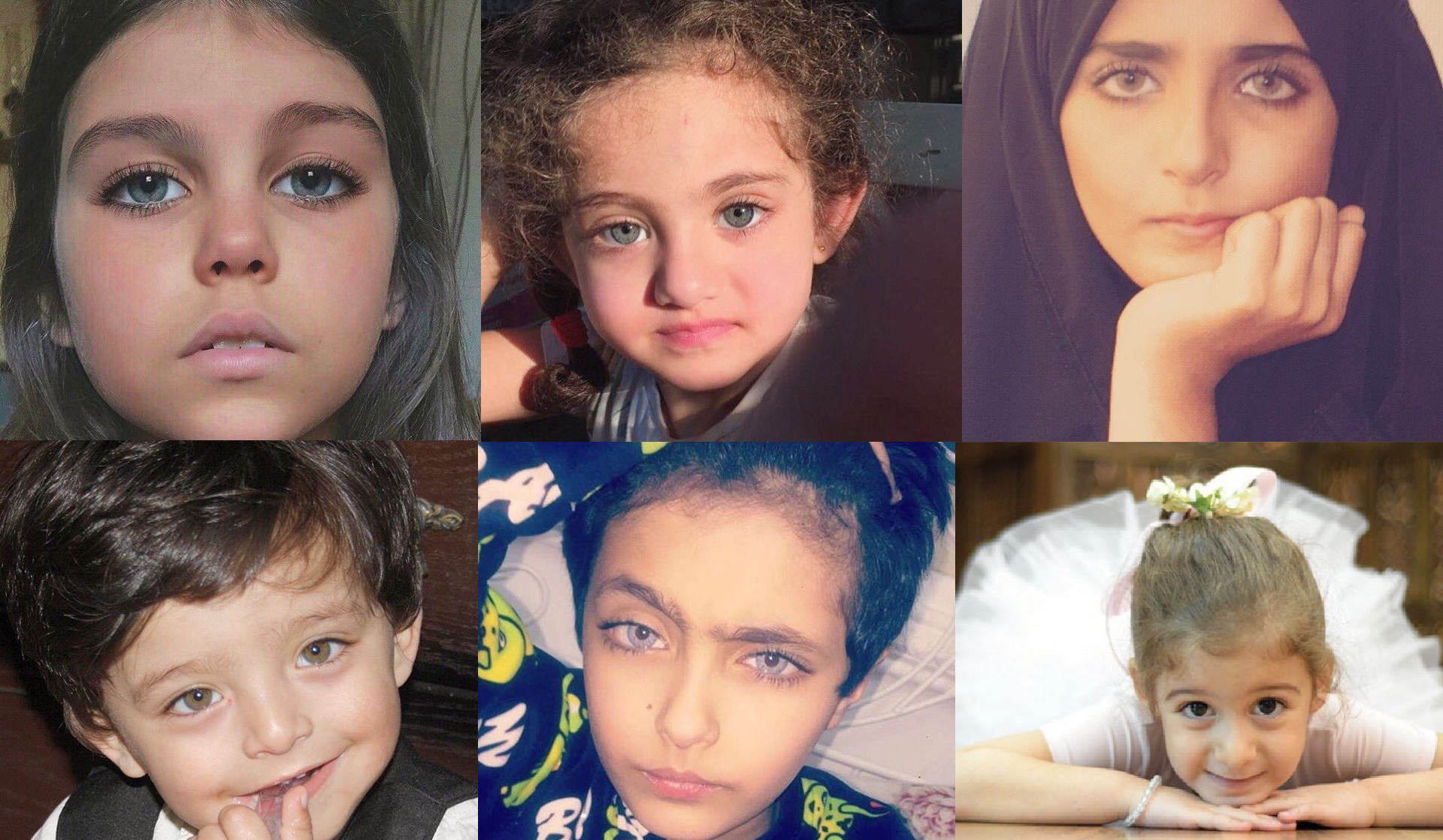In the pagan society of pre-Islamic Arabia the status of women was like slaves who had no rights and dignity. Women would not get share either from parents or spouse as inheritance. But Islam ensures share of women in the property of parents and husband
(Rahman, 2008). Regular shape of marriage as we understand at present time was totally absent. There were such types of marriage as may be treated as fornication, prostitution, adultery or polyandry
(Faiz-ud-din, 2008). Men could marry any number as he like and there were no specific rules in regard to marriage, they could marry even two real sisters at one and at the same time
(Rashid, 2004). But in case of marriage, Islam imposes prohibition on account of affinity (prohibition due to marriage relationship). In this respect the Holy Qur’an declares:
“Forbidden for you (to marry) are the mothers of your wives and your step-daughters that are in your laps (in charge of you) through your wives to whom you have gone in; but if you have not gone in to them, then there is no sin upon you (to marry them); and the wives of your sons whom you have begotten.” (4: 23). Husband possessed the power of divorce which was so unlimited and unrestricted that he could divorce his wife whenever he wishes without any lawful ground and could revoked his divorce and divorce again as many times as he favored. He could illogically accuse his wife of falseness, dismiss her and leave her with such infamy as would prevent other suitors; while he himself would go free from any kinds of liability of maintenance or legal punishment. Neither of the wives could get a dower but Islam approves dower as a respect to the wife
(Faiz-ud-din, 2003). False charges of unchastely were frequently used for depriving the wife from her right of dower. Her protector could deliver her to any person as he wished. But showing respect to women Islam reformed marriage laws in a sweeping and far-reaching way.
Women were considered as material things and where husband were unable to pay his debt during his life time, after his death his creditor would own his wife as reparation
(Saifee, Baloach, Sultan, & Khalid, 2012). Female child were considered an evil omen and fathers were terrified if the new born baby were female. Fathers not only become unhappy when a female child was born but also felt embarrassed. In pre-Islamic Arabia, there was a ridiculous discrimination against their female children whom they used to bury alive. The Messenger of Allah (peace be upon him) not only protest to this culture but also ordered to stop it. He showing them that supporting their female children would act as a screen for them against the fire of Hell
(Doi, 1992).
Under original Hindu law, women were treated like slave who had no rights of inheritance
(Uddin, & Hossain, 2017). If the husband of woman died during her lifetime then she had to burn herself alive when the dead body was cremated
(Doi, 1992). Widow had no right to remarry who had to bear intolerable pain in her daily life. In Chinese culture, there were many atrocious customs had to bear a girl. A male child was treated as an immense gift of God but female was an acceptable degradation
(Saifee, Baloach, Sultan, & Khalid, 2012). In Greek society, women were treated to be the incarnation of evil and they had no right of inheritance, education, divorce etc.
(Saifee, Baloach, Sultan, & Khalid, 2012). They were considered as material goods who had no feelings and free will. In ancient Rome, cruelties towards women were unbearable. Women had no rights, dignity or honour and the position of the women was like slave
(Kabir, 2009). Men had authority to sell her or send her into exile even a husband had power of summarily putting his wife to death for acts like drinking, poisoning and substitution of a spurious child
(Doi, 1992). In Jewish society, women were lived without right, dignity and honour. They had no right of inheritance and were considered as an object owned by the male protector.







